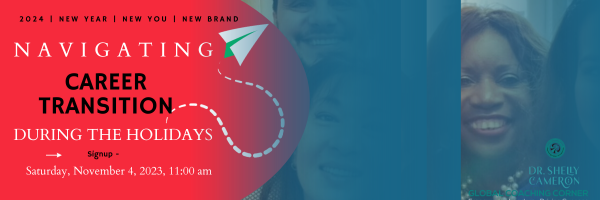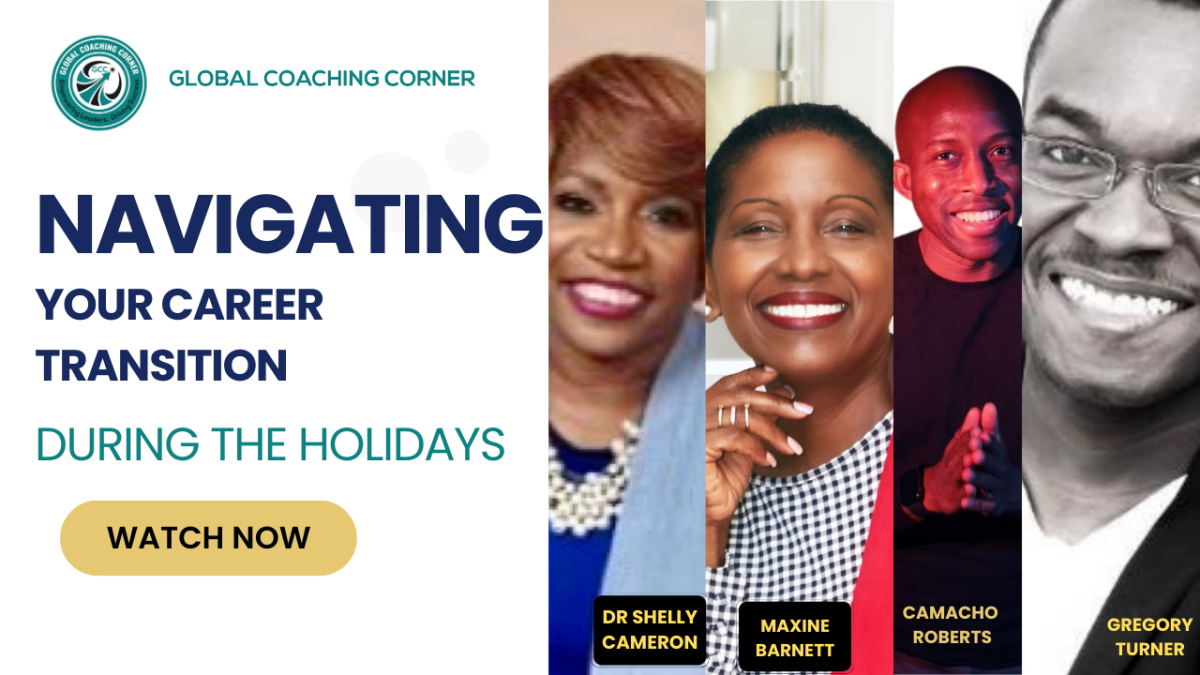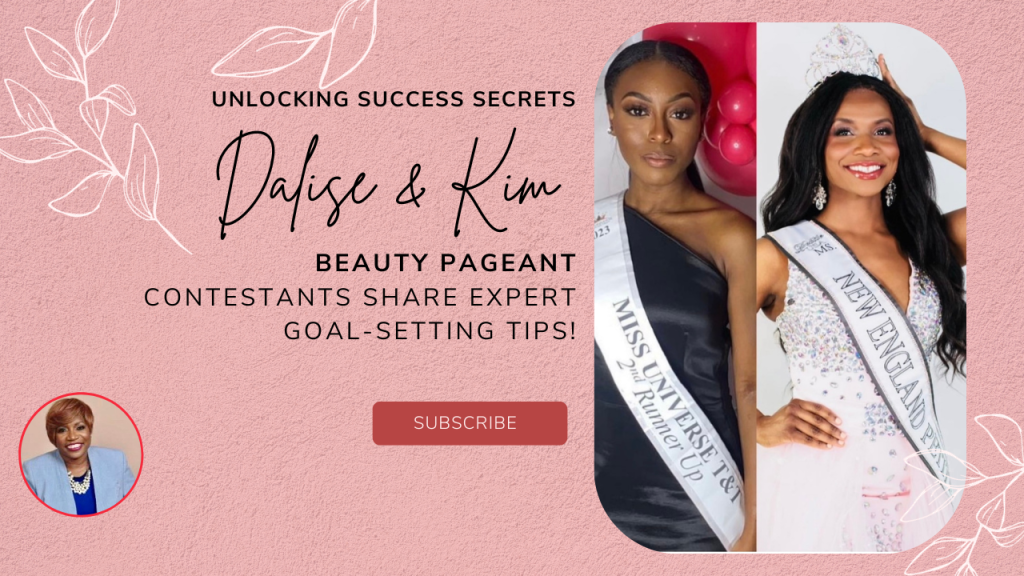The decision to leave an executive or professional role is a significant one, and careful planning is essential to ensure a smooth transition. In my book Ditch It Switch It, I shared stories of individuals who simply got up and resigned without thinking much about their next steps. Indeed, life on the job can be frustrating. At times you just want to walk away and give up. But before you do, stop and think it through.
As a leadership transition coach, here’s a comprehensive exit plan to guide you through this important process.
1. Self-Assessment and Reflection: Take the time to reflect on your career goals, values, and aspirations. Clarify your reasons for leaving and envision the path you want to take moving forward.
2. Goal Setting: Define clear short-term and long-term goals for your post-executive journey. Whether it’s starting your own venture, consulting, or taking on a different role, having specific goals will provide direction.
3. Skill and Knowledge Gap Analysis: Identify any skills or knowledge areas that need enhancement to align with your new goals. Consider professional development opportunities, courses, or certifications that will strengthen your skillset.
4. Networking and Relationship Building: Leverage your professional network to explore potential opportunities. Reach out to mentors, colleagues, and industry contacts to discuss your plans and seek advice.
5. Building a Personal Brand: Craft a compelling personal brand that highlights your expertise and aligns with your new goals. Update your LinkedIn profile, resume, and online presence to reflect your transition.
6. Financial Planning: Assess your financial situation and create a budget that supports your transition period. Consider factors like severance packages, savings, and potential income sources.
7. Knowledge Transfer: Collaborate with your team and colleagues to ensure a smooth knowledge transfer. Document important processes, projects, and responsibilities to facilitate the transition for your successor.
8. Successor Support: Provide support and mentorship to your successor, if applicable. Offer guidance during the transition period to set them up for success in their new role.
9. Emotional Preparation: Acknowledge the emotional aspect of leaving a role you’ve invested in. Prepare yourself mentally for the change and focus on the positive opportunities that lie ahead.
10. Communication Strategy: Craft a thoughtful communication plan for announcing your departure to your team, colleagues, and stakeholders. Emphasize the positive reasons for your transition and express gratitude for the experience.
11. Negotiating Exit Terms: Work closely with HR and legal departments to negotiate your exit terms, including timelines, compensation, benefits, and non-compete agreements.
12. Finalizing Responsibilities: Ensure that you wrap up any pending projects, delegate tasks effectively, and communicate the status of ongoing initiatives to stakeholders.
13. Leveraging Resources: Utilize Leadership career coaching, industry associations, and networking events to gather insights and support during your transition.
14. Launching the Next Chapter: Execute your plan with confidence. Utilize your goals, skills, and network to propel your career in the direction you’ve envisioned.
Remember, an executive or professional exit is an opportunity for growth and reinvention. With strategic planning, emotional readiness, and a strong support network, you can make a seamless transition to the next phase of your career journey. If you need further guidance or support throughout this process, don’t hesitate to connect. As a Certified Master Coach specializing in Leadership Transition, I am happy to help.
You may also sign up to attend Goal-Setting Retreat to prepare your 2024 strategies.













 Photo by Pixabay on
Photo by Pixabay on 